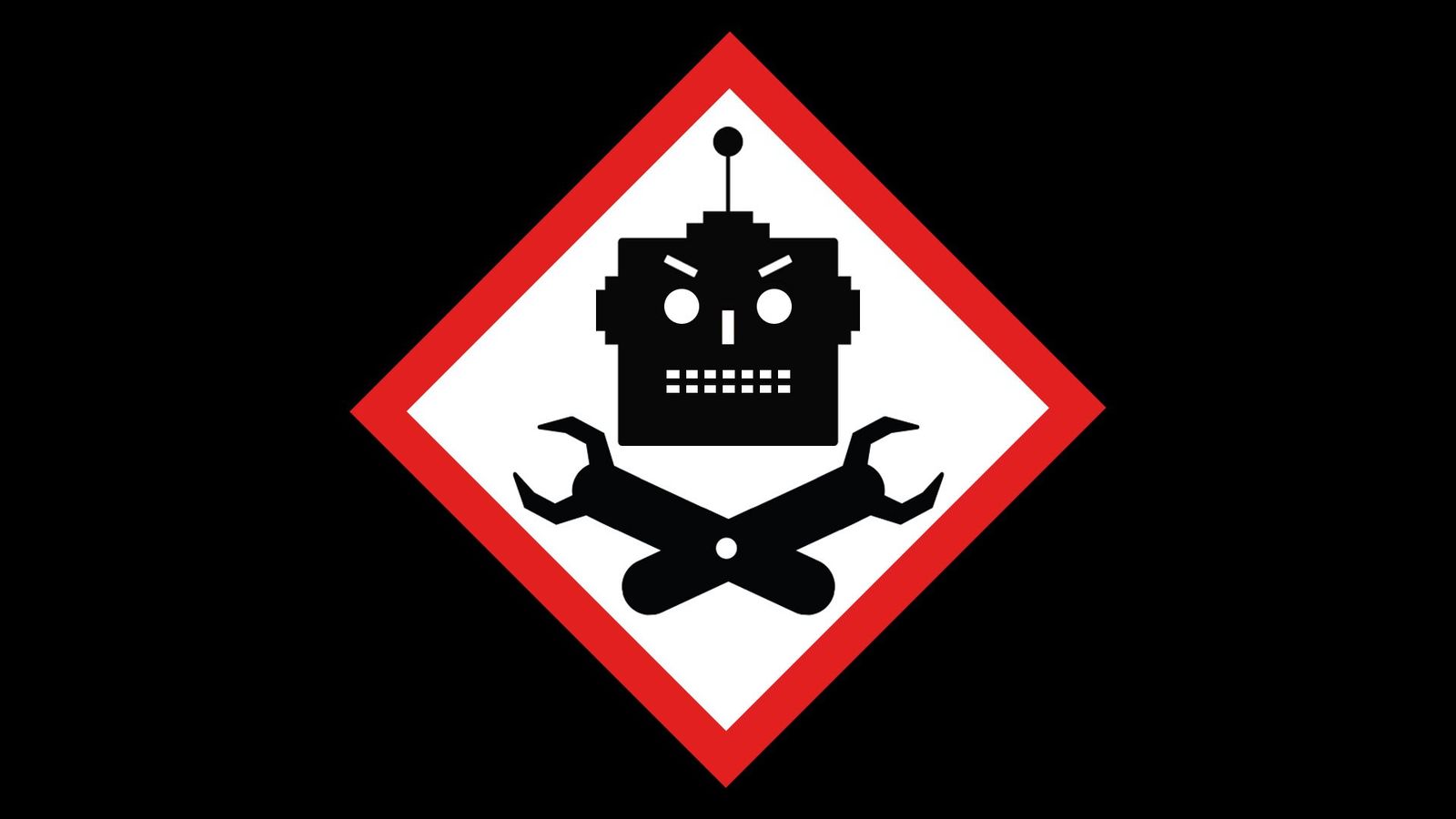- Artificial Intelligence (AI) in healthcare promises quicker and more accurate diagnoses, yet there are concerns it could also enable the creation of harmful biological agents, leading to potential pandemics.
- The World Health Organization (WHO) has highlighted the risks of bias, misinformation, and privacy breaches in the use of AI, noting the potential for patient harm due to errors in data.
- There's growing concern over the potential misuse of synthetic biology, as artificial organisms could escape, leading to antibiotic-resistant superbugs or even global pandemics.
- AI models can sometimes "hallucinate" or provide inaccurate information when faced with gaps in their data, which could be particularly harmful in a medical context.
- Lastly, AI in healthcare may exacerbate existing racial, gender, and geographic disparities due to biases embedded in the training data, highlighting the need for equitable access to technology.
기계학습은 의사보다 빠르고 정확한 암 진단을 제공할 수 있지만, 상대적으로 기술 수준이 낮은 프로그래머의 손에 의해 또 다른 팬데믹을 초래할 수도 있다. 보건 분야에서 가장 흥미로운 인공지능 혁신이 나오고 있지만, 치료를 목표로 하는 동시에 현대의학을 악용하여 동일한 사람들에게 타격을 줄 수도 있다. 세계보건기구(WHO)는 건강 관리에서 대규모 언어 모델의 배포에 관한 편향, 오정보, 프라이버시 침해 위험에 대해 경고하고 있다. 이 기술이 급속히 발전함에 따라, 이 기술이 생명을 구할 수도 있고, 비용을 초래할 수도 있다는 점을 명확하게 인식해야 한다. 의료 연구의 무기화 위험 외에도, 의료환경에서 AI는 사용된 데이터에 종종 내재된 편향으로 인해 인종, 성별, 지역간 격차를 악화시킬 위험도 있다.
저작권자 © Tech42 - Tech Journalism by AI 테크42 무단전재 및 재배포 금지


소셜댓글